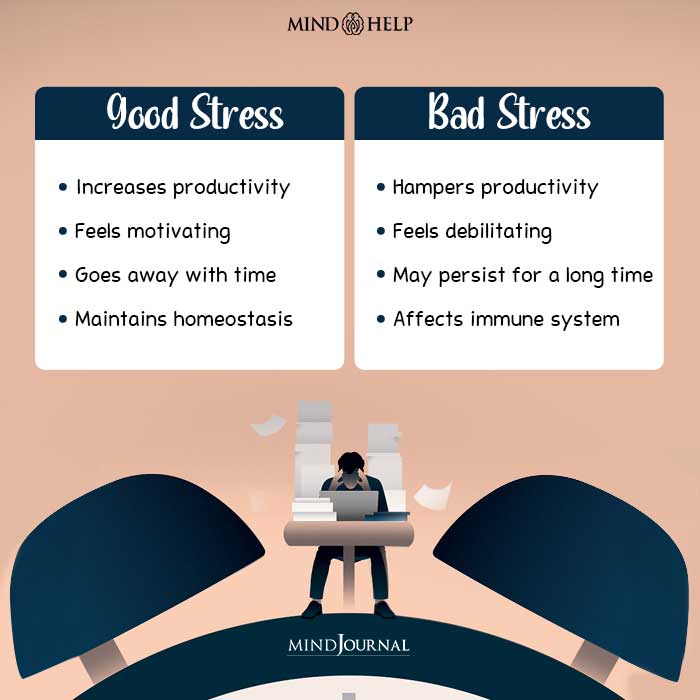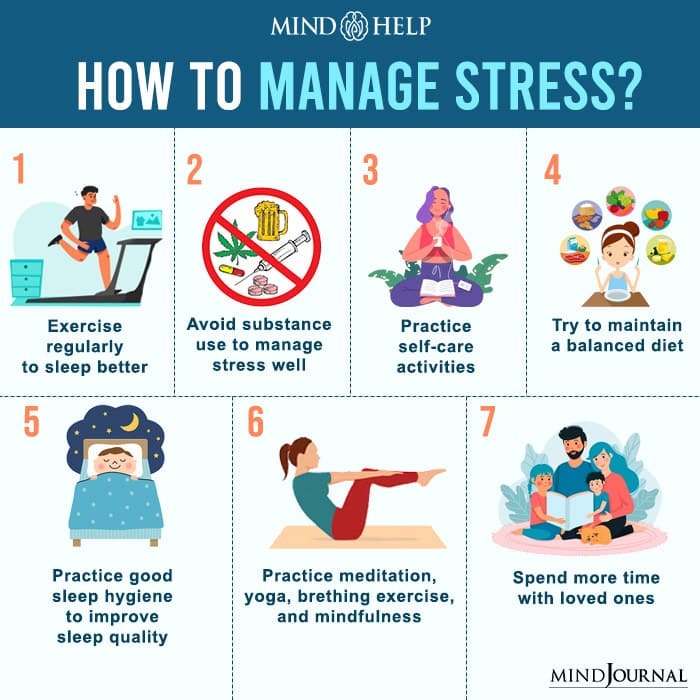- Stress is a natural part of life, but it can be managed effectively.
- This Stress Awareness Month, experts recommend looking out for initial stress symptoms for availing interventions as early as possible.
What Is Stress?
Stress is a natural response to a situation or event that requires action or adaptation. While stress can be beneficial in small doses, prolonged or chronic stress can have adverse effects on physical and mental health.

Spotting The Early Stress Symptoms
Stress can be triggered by various factors, such as work pressure, family conflicts, financial problems, health issues, and even positive events like marriage or promotion. Its symptoms can vary from person to person and can be physical, emotional, or behavioral. These include:
- Headaches
- Muscle tension or pain
- Fatigue
- Insomnia or oversleeping
- Changes in appetite
- Digestive problems
- Anxiety or restlessness
- Irritability or mood swings
- Difficulty concentrating
- Withdrawal from social activities
The Importance Of Developing Stress Coping Strategies
Stress can have a significant impact on our mental and physical health if left unmanaged. Therefore, it is crucial to recognize early the source of stress and its impact on our physical and mental well-being in order to develop effective and easy stress-coping strategies. These strategies are essential for maintaining a healthy lifestyle, despite negative stressful events.
Coping strategies can also help individuals develop psychological resilience and lead happier, more productive lives. Most importantly, these techniques can keep at bay stress-induced mental health disorders like anxiety, depression, mood disorders, post-traumatic stress disorder (PTSD), and even personality disorders.
How To Relieve Stress Quickly
Stress is a natural part of life, but it can be managed effectively with the right coping strategies. By identifying the cause of stress, practicing relaxation techniques, staying active, prioritizing self-care, and seeking support, you can reduce stress and improve your overall well-being.
When you need immediate relief, taking a break, practicing deep breathing, using your senses, laughing, or visualizing can help you relieve stress quickly. It also helps to consult a mental health expert who can help you navigate stressful situations. Remember to be kind to yourself, and take care of your physical and mental health.

Know More About Stress –
Related Articles –
- 6 Things You Can Do To Reduce Mental Stress
- Beat Stress With This Simple 4-Step Exercise, Practiced By U.S. Navy Seals
- How Stress Turns Us Into Someone Else: Your Stressed Self vs Your Best Self




